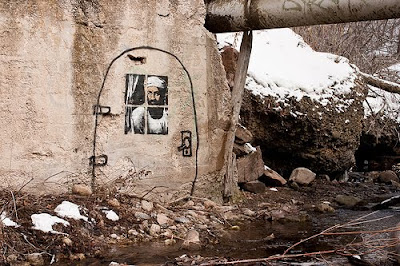A man has been pulled alive from the rubble in the Haitian capital Port-au-Prince - two weeks after the earthquake that destroyed the city.
US troops rescued the man from the ruins of a building in the centre of the city, and he was taken to hospital. He had been trapped under the rubble for 12 days, the US military said, and was severely dehydrated.
The rescue comes 14 days after the 7.0-magnitude quake, which killed as many as 200,000 people.
| HAITI'S REMARKABLE SURVIVORS Emmannuel Buso, 21 - rescued after 10 days Marie Carida, 84 - saved after 10 days Mendji Bahina Sanon, 11 - trapped for eight days Lozama Hotteline, 25 - pulled out after seven days Elisabeth Joassaint, 15 days - buried for seven days, half her life Ena Zizi, 69 - rescued after seven days |
The survivor, a man in his 30s, was pulled from the ruins covered in dust and wearing only underpants.
"He was buried in the rubble for 12 days. The man had a broken leg and severe dehydration," a statement from the US military said.
Although he had been trapped by an aftershock rather than the initial earthquake, the man is the longest survivor so far under the rubble.
On Saturday, Haiti's government declared the search and rescue phase for survivors over.
It is estimated more than 130 people have been pulled alive by rescue teams in the Haitian capital since the quake.
However, many more have been rescued by ordinary Haitians, often with their bare hands.
Aid call
Earlier, Haitian President Rene Preval made an urgent appeal for more tents to house up to a million people left homeless by the tremor.
| More than 130 people have been pulled alive from the ruins in Port-au-Prince |
His call came as donor nations and organisations met in Montreal, Canada, to assess the aid effort.
Mr Preval, who lost his house in the quake, is planning to move into a tent on the lawn of the destroyed National Palace in the centre of the capital.
The Haitian government wants to relocate some 400,000 people, currently in makeshift camps across the capital, to temporary tent villages outside the city.
But aid workers warned that if the camps were too big they could pose security problems, including robberies, rapes and gang activities.
Meanwhile, US Secretary of State Hillary Clinton said she "resented" criticism of American assistance to Haiti.
She pinpointed some media outlets which had "either misunderstood or deliberately misconstrued what was a civilian and military response.













